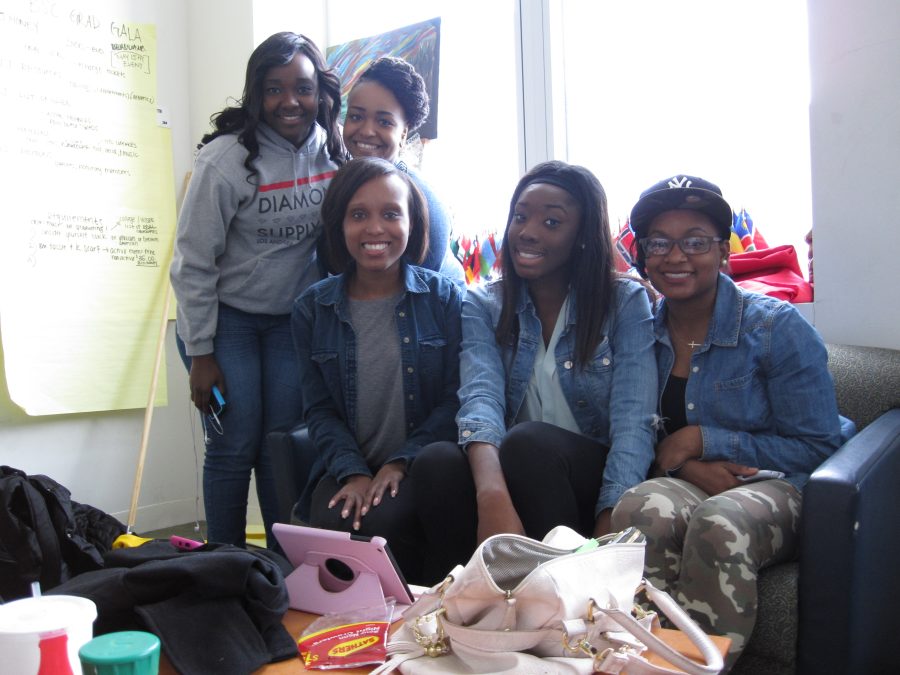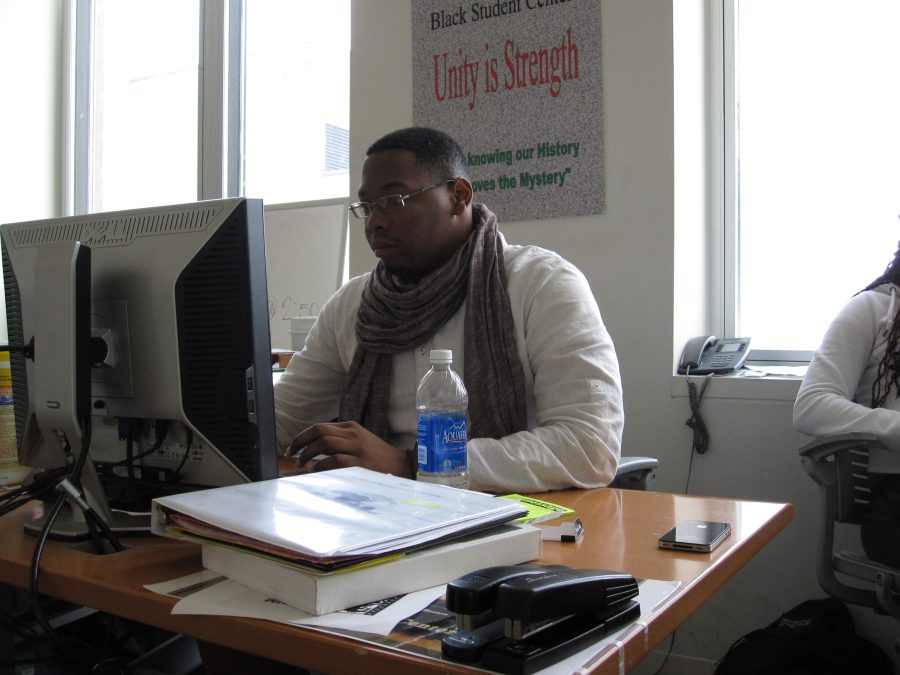When the Women’s Center dissolved in Spring 2013, Student Trustee Alexis Marvel took the reins.
“It’s really crucial to have a space where women can come to feel comfortable,” Marvel said. “We don’t live in a society that is always very friendly to women.”
Two other student centers, The Wellness Center and the Advocacy for Resources for Modern Survival (ARMS) Center, have closed in the past year. The Wellness Center offered support to students with mental illness and other medical problems, while the ARMS Center addressed the issue of student poverty. Another center dedicated to helping students with disabilities shut down in 2011.
The Centers Task Force was formed in order to determine why multiple centers have disappeared. Joey Nguyen, Speaker of the Undergraduate Student Senate, former chair of the Student Events and Organizations Committee, and member of the Centers Task Force, believes that the autonomy of each coordinator weakens the centers.
“If the coordinator decides to leave, the center crumbles,” Nguyen said.
In the current system, each center has its own coordinator and assistant coordinator. According to Nguyen, the payroll for these positions takes up 60 percent of the yearly budget for clubs and events, about $100,000.
Abel Cano, a former coordinator for Casa Latina, the latino student center, has developed a proposal aimed at making the the centers more tenable. “We’d hire five coordinators, separate from the centers, with their own desks.”
These coordinators coordinators, Nguyen said, could then act as “liaisons between the clubs and centers and the advisors,” helping all of the centers and clubs with events and purchases.
The centers can operate like clubs, Nguyen suggested, but with a larger space for socializing. “This way all of the clubs can have a shot at a big event.”
He added, “These people are paid to help your organization, whether it be [a] yo-yo club, a deeply-rooted ethnic or religious organization, or a cultural center.”
The Centers Task Force has been struggling to reach a compromise between the coordinators of the centers and people like Nguyen and Cano. Nguyen thinks the student coordinators are “still stuck [on] what’s wrong with the current system, and what’s wrong with the other coordinators, and what’s wrong with the administration.”
He continued, “If we don’t act now, by the time this semester ends, we won’t have time to effectively enact something, and then we perpetuate the cycle yet again for one whole year.”
His solution, five coordinators working in tandem, would offer mentorship for new coordinators and backup in case any coordinator drops out. It would also cut the number of coordinators on the payroll almost in half, saving $40,000.
“You take that $40,000 and pump it into club events, rather than giving it away to stagnant coordinators,” adding, “Nothing will change within the centers, and it improves how we run and how we support our organizations across the board.”
The Queer Student Center, the Veterans’ Center, Casa Latina, the Black Student Center (BSC), the Women’s Center, and the Asian Student Center cater to everyone in the UMass Boston community while promoting awareness and sensitivity. These social hubs allow students like Jose Velez, a recent transfer to UMass Boston, to mingle and make friends.
“We explore culture,” Velez said. “I go back and forth from [Casa Latina] to the Black Student Center, or sometimes I’ll spend time in the Women’s Center as well…and I go to their events just to show support.” Another student, Peter Jarden, said these centers create a culture of support for the other clubs on campus, drawing students with all types of interests together.
Patrick O’Brien, coordinator of the Veterans’ Center, believes that the current system is inflexible, and that each center has unique needs. “I want to be an advocacy center,” O’Brien said. “The problem is with the criteria I’m graded under. …It’s an awkward position where you’re at the middle of running this center, making sure we have the supplies—and meanwhile you need to have these events.”
The coordinator of the BSC, Isaac “Izzy” Weekes, has events planned for almost every week of the semester. “This is a commuter school,” Weekes said, “People need a place where they can find their fellow students on campus.”
"This is a commuter school. People need a place where they can find their fellow students on campus."


